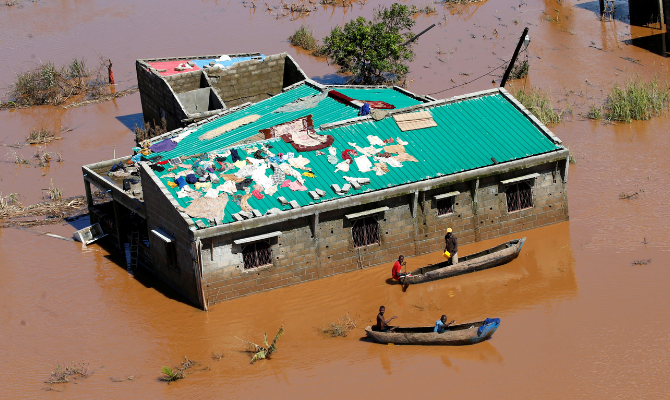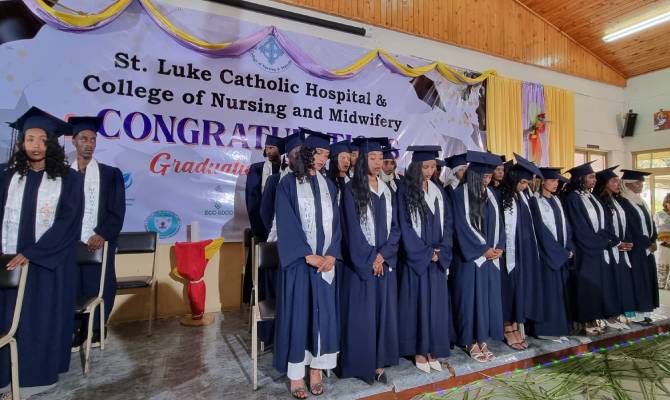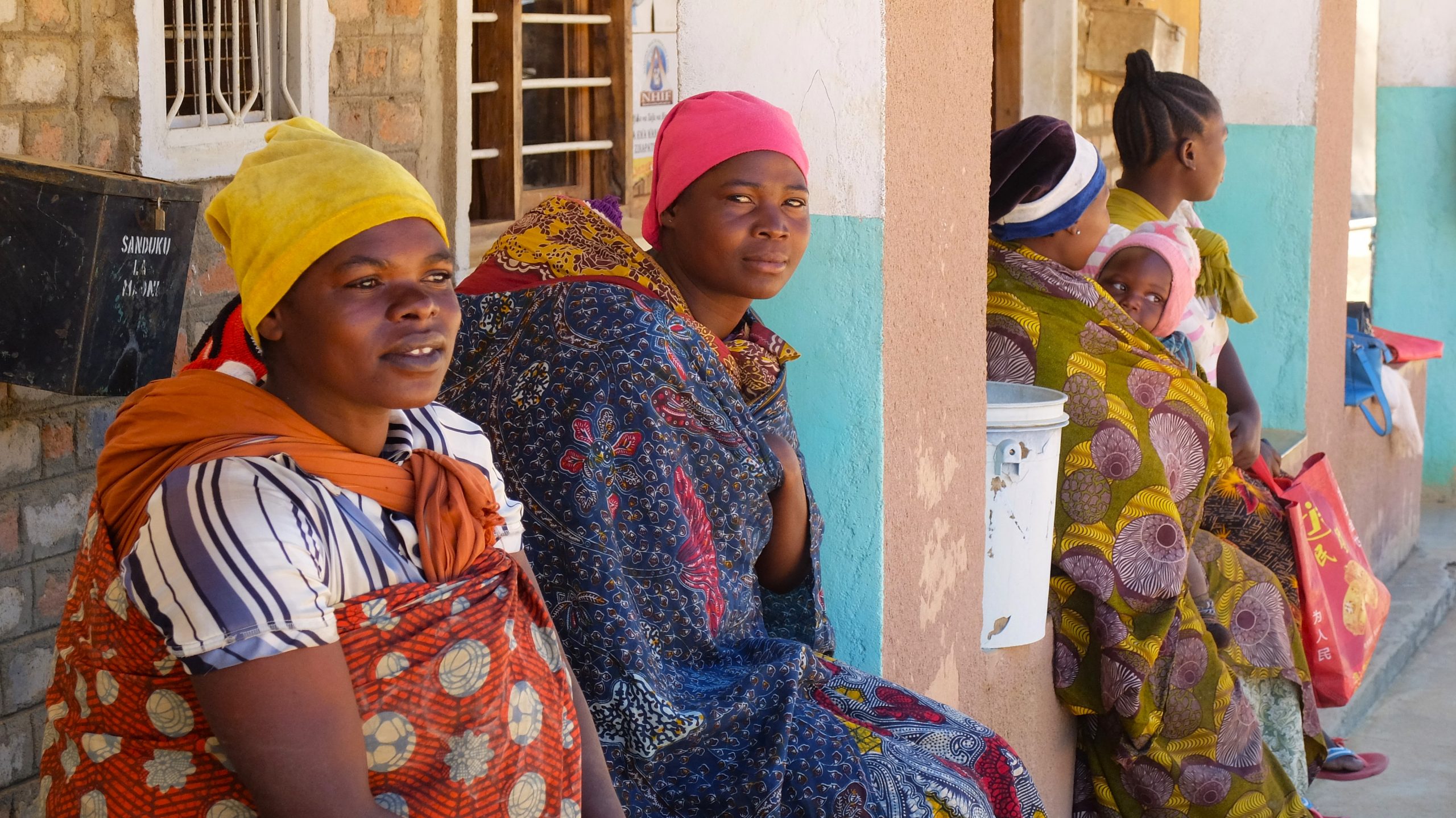The 13th of October was designated the International Day for Disaster Risk Reduction (DRR) by the United Nations General Assembly in 1989. Active in many critical contexts, such as the cyclones in Mozambique in 2000 and 2019, Doctors with Africa CUAMM questioned how to contribute to reducing the risk associated with natural events, such as cyclones, droughts and disease outbreaks. The way forward is clear: establish integrated multi-level early warning systems in charge of monitoring, forecasting, predicting and assessing disaster risks and establishing communication and preparedness processes allowing governments, communities and businesses to take early action.
Doctors with Africa CUAMM recognizes the importance of building integrated community-based early warning systems accessible to all in order to prevent and give timely responses to emergencies. For this reason, CUAMM developed a partnership with the UCL Warning Research Centre, and in 2021-2022 CUAMM staff participated in the ‘Warnings for Hazards and Risk Reduction Programme’ to strengthen capacity for risk reduction in relation to the projects in Africa.
The global efforts to improve DRR are based on the Sendai Framework for Disaster Risk Reduction 2015-2030, a document adopted at the Third UN World Conference on Disaster Risk Reduction in Sendai, Japan, on March 2015. For this year, the UN Office for Disaster Risk Reduction established the Target G of the Sendai Framework as a priority: “Substantially increase the availability of and access to multi-hazard early warning systems and disaster risk information and assessments to people by 2030”.
Doctors with Africa CUAMM recognizes the importance of building integrated community-based early warning systems accessible to all in order to prevent and give timely responses to emergencies. For this reason, CUAMM developed a partnership with the UCL Warning Research Centre, and in 2021-2022 CUAMM staff participated in the ‘Warnings for Hazards and Risk Reduction Programme’ to strengthen capacity for risk reduction in relation to the projects in Africa.
Through the partnership with the UCL Warning Research Centre, CUAMM incorporated a DRR component into its work.





